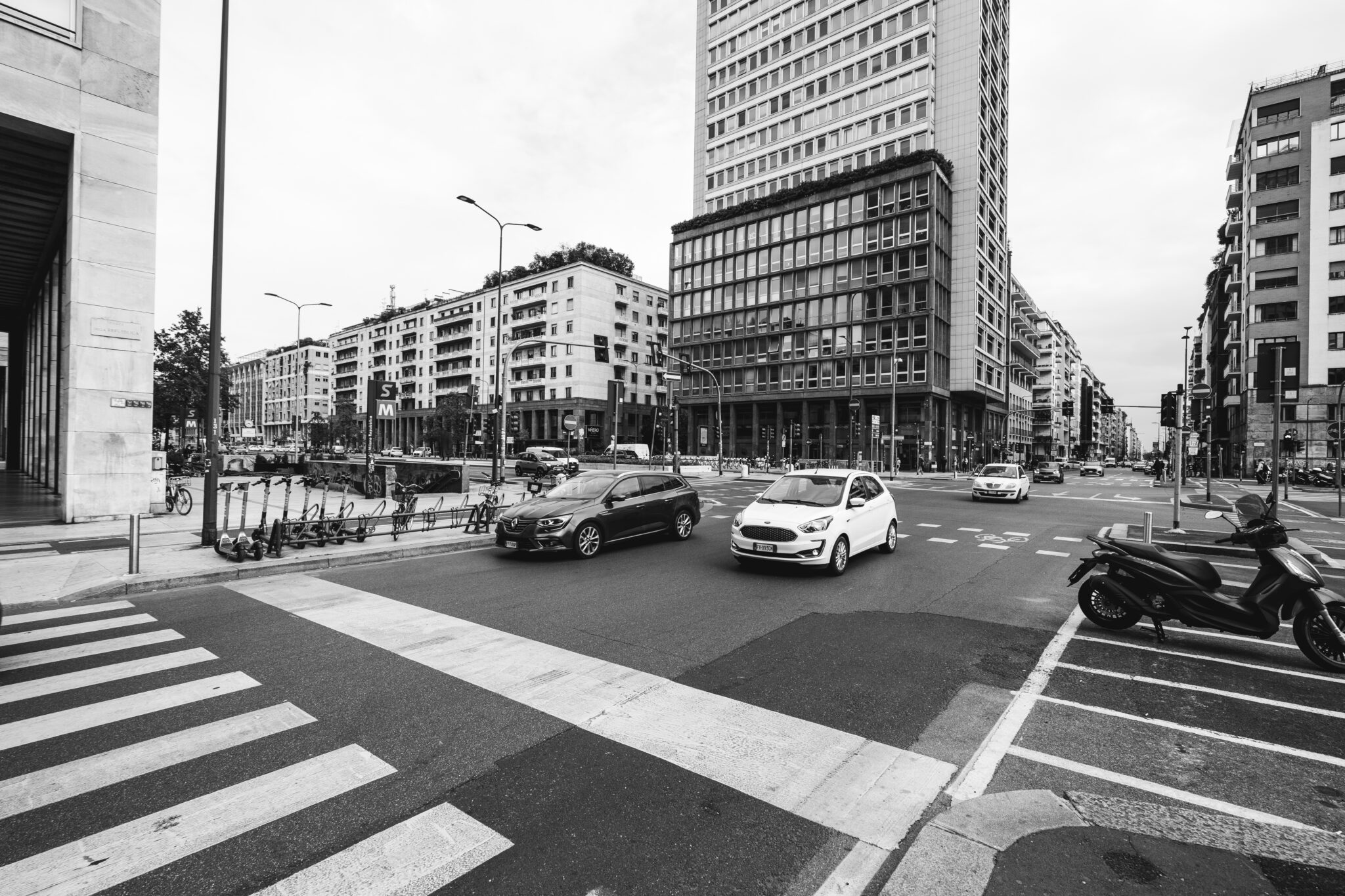The current study “Vital City Centers 2022“ (originally Vitale Innenstädte) by IFH Köln (Cologne) shows: Visitor frequencies in the city centers have increased again after the losses in the first years of the corona pandemic, but have not yet reached the level of 2019. Shopping continues to be the number one motive for a visit. However, other aspects are increasingly coming to the fore – in particular, culinary offerings play a major role. This is reflected in the wishes of pedestrians for improvements: City centers should be a place to meet and invite people to linger (45 percent), but they should also offer shopping (43 percent), art and culture (36 percent) and gastronomy (35 percent) to make city centers more attractive. Older people tend to be more likely than younger people to recommend the downtown areas they visit. The most significant factors influencing recommendation are quality of stay, ambience, flair, urban design and tourist appeal. Only then do the experience value and the retail offering follow. It’s no secret that today’s urban retail is less about sales and more about the experience. Customers come to stores to experience what the brand stands for and to meet a like-minded community. The “house of brands” becomes a “house of friends” where customers identify with the brand and build long-term loyalty.
The only problem is that city centers have lost a lot of their appeal, individuality is missing, one looks like the other. Classic shopping streets are lined with large chains or luxury brands that can afford the rents in the best locations. Above them are office spaces, which often bring more income to landlords than apartments. Urban developers have been pointing out for a long time that this prevents the urgently needed mixed use, which damages the attractiveness of the entire city center. More apartments mean more life around the clock. Retailers, meanwhile, are fighting for more flexibility in opening hours, parking spaces and possible conversions or outdoor areas. The many vacancies are a sign that this traditional use no longer works.
A concept that comes from Barcelona and that I find very interesting are “Superblocks” with the slogan “Let’s fill the streets with life”. They were created as part of the sustainable mobility concept developed by the city council. In these superblocks, up to nine blocks of houses are grouped together, where pedestrians and cyclists have priority. Raised plant beds, flower tubs and trees provide a pleasant atmosphere and good air. Two-lane streets are turned into one-lane streets where children play and residents chat and drink coffee on newly built park benches. The death of businesses feared by many has failed to materialize; instead, the number of local stores has increased by 30 percent.
Cities around the world are now exploring this concept. The city of Basel has already entered two petitions in the St. Johann neighborhood and launched the first pilot project this summer: Here, parking spaces were converted into parklets from July 1 to Aug. 13. Zurich’s city council is also looking at ways to implement superblocks.
However, you don’t have to turn the whole city upside down to attract people to the city centers with interesting offers. Ikea has taken the step of opening centrally located stores in Chur and Zurich. The idea behind it: Many people don’t have a car or have never been to an Ikea store. The new “Plan and Order Point” concept is intended to close this gap. In the city stores, customers can look at selected home designs and furnishing systems. The focus, however, is on the consulting and planning service for kitchens, closets and living room storage, which can be booked free of charge by appointment. In addition, all products from the Ikea range can be ordered on site. If the concept works out, the company would like to open branches in other cities as well.
Another example: the Zeam agency has developed a coworking space together with Projekt Interim and young interior design talent from Ikea. According to its own statement, it is “in interim use by Projekt Interim in the heart of Zurich and will be home to a community that wants to make a difference.” This will also attract young people to the city center, ultimately benefiting everyone.
